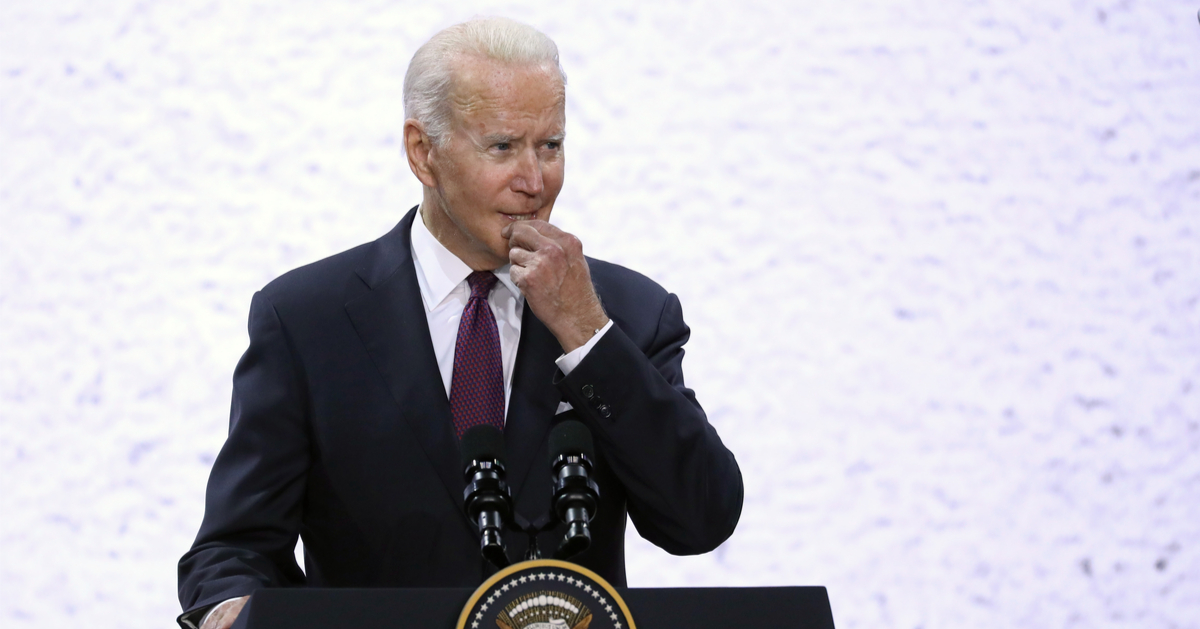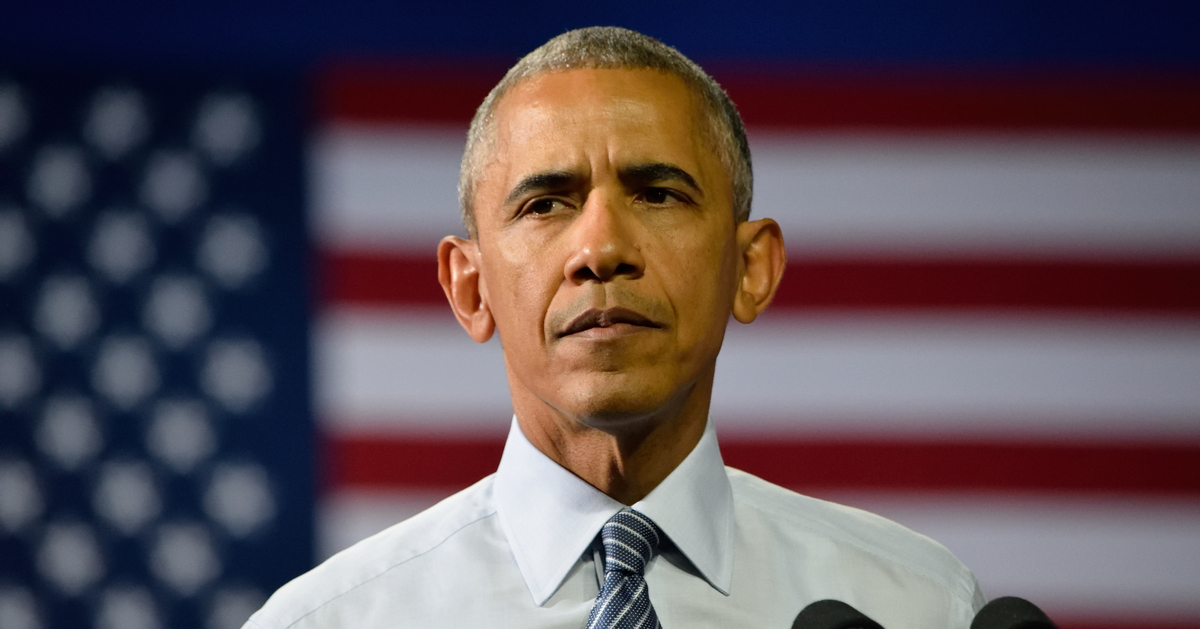Appellate courts in Florida reverse trial court dismissals, uphold arrests and prosecutions for voter fraud
In 2022, Republican Florida Gov. Ron DeSantis launched a statewide crackdown on alleged election fraud and illegal voting, and a handful of arrests were made despite intense criticism and mockery from Democrats and the media.
At least two of those voter fraud cases were initially dismissed by district court judges but have now been revived by separate split appellate court decisions, according to the Tampa Bay Times.
Those decisions mean that the two arrestees, who were ineligible to vote because of prior criminal records, can now face a felony charge for violating the state's election laws.
Appellate panel rules statewide prosecutor has jurisdiction
According to a 20-page opinion from Florida's Third District Court of Appeal, Miami-Dade resident Ronald Lee Miller was arrested and charged with voter fraud and "making false affirmations in connection with an election" after he registered to vote and subsequently voted in 2020 despite knowing that he was ineligible to do so.
Miller's attorneys argued that the charges should be dismissed because the special Office of Statewide Prosecution lacked jurisdiction to go after him, given that his alleged crimes occurred only in Miami-Dade County and the statewide prosecutor can only take on cases of alleged crimes involving multiple counties and judicial circuits.
The trial court judge agreed and dismissed the charges, but the state appealed and argued that the prosecutor did have jurisdiction because the alleged crimes involved multiple counties and circuits, specifically Broward County in the 17th Circuit and Leon County in the 2nd Circuit, where Miller's voter registration was initially processed and approved, respectively.
"Miller would not have been able to register to vote, and ultimately vote, without his filling out the form in Miami-Dade County, the processing and
approval of his voter registration in Leon County, and the conveyance of such approval back to Miami-Dade County," the appellate panel said. "It makes no difference based on the statutory language whether Miller himself communicated or affirmatively acted in concert with anyone outside of Miami-Dade County."
"The important part, however, is that these transactions that occurred in multiple jurisdictions were not only related, but they were also required acts before Miller got his voter registration and proceeded to vote," the opinion that reversed the lower court added. "It doesn’t matter that Miller may not have intended to set off a chain of related events in other jurisdictions in order to vote."
Legislative clarifications to prosecutor's jurisdiction can be retroactively applied
Separately, Florida's Fourth District Court of Appeal addressed in a 13-page opinion the case of Terry Hubbard, an ineligible voter who nonetheless registered to vote and cast a ballot in the 2020 election in Broward County, for which he was arrested and charged.
His attorneys raised the same jurisdictional arguments about the statewide prosecutor and once again a trial court agreed that the "OSP does not have
jurisdiction to investigate and prosecute the Defendant as part of a related transaction in two or more judicial circuits."
This case differed from the other, however, in that the appellate panel considered legislative amendments in 2023 that clarified the jurisdiction of the statewide prosecutor and ruled that those changes could be applied retroactively to Hubbard's case.
In the end, the panel reversed and remanded the trial court after it determined that "submitting a fraudulent voter registration in Broward County is an act which requires subsequent involvement of the Secretary of State in Leon County. So too does voting in an election in Broward County. As a result, the OSP had the authority to charge Hubbard with these crimes."
20 total arrests made for voter fraud
The Times reported that Gov. DeSantis' 2022 crackdown on voter fraud resulted in at least 20 arrests of fraudulent voters, all of whom were ineligible to vote because of prior criminal records but participated in elections regardless of that ineligibility.
Of those who were arrested, eight have since pleaded or been found guilty and been sentenced to probation, while one other case was dismissed and the remainder are either in the midst of the appeals process or are still awaiting trial.






